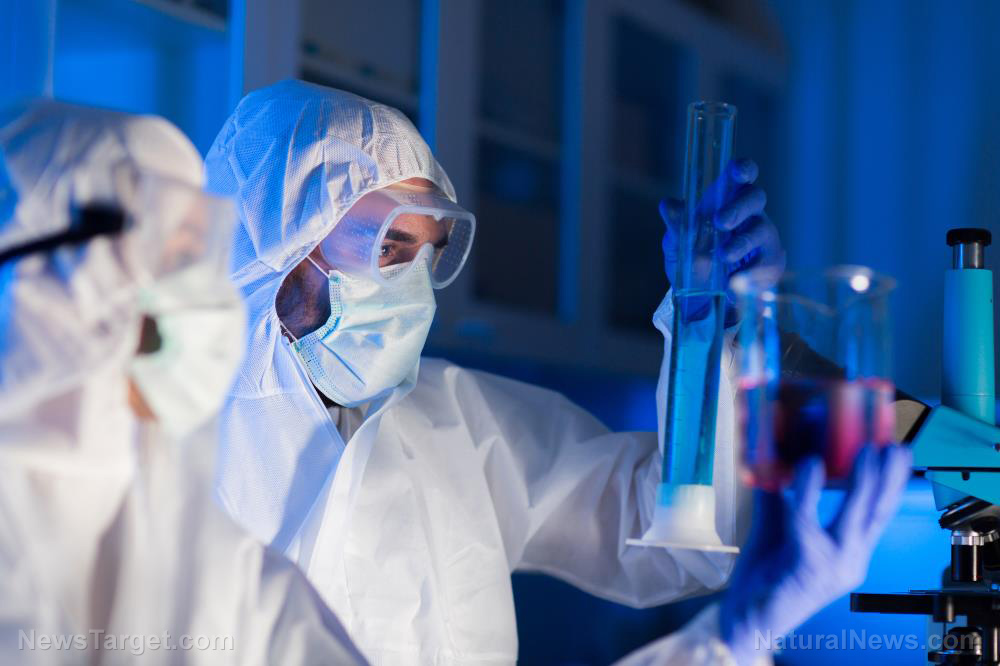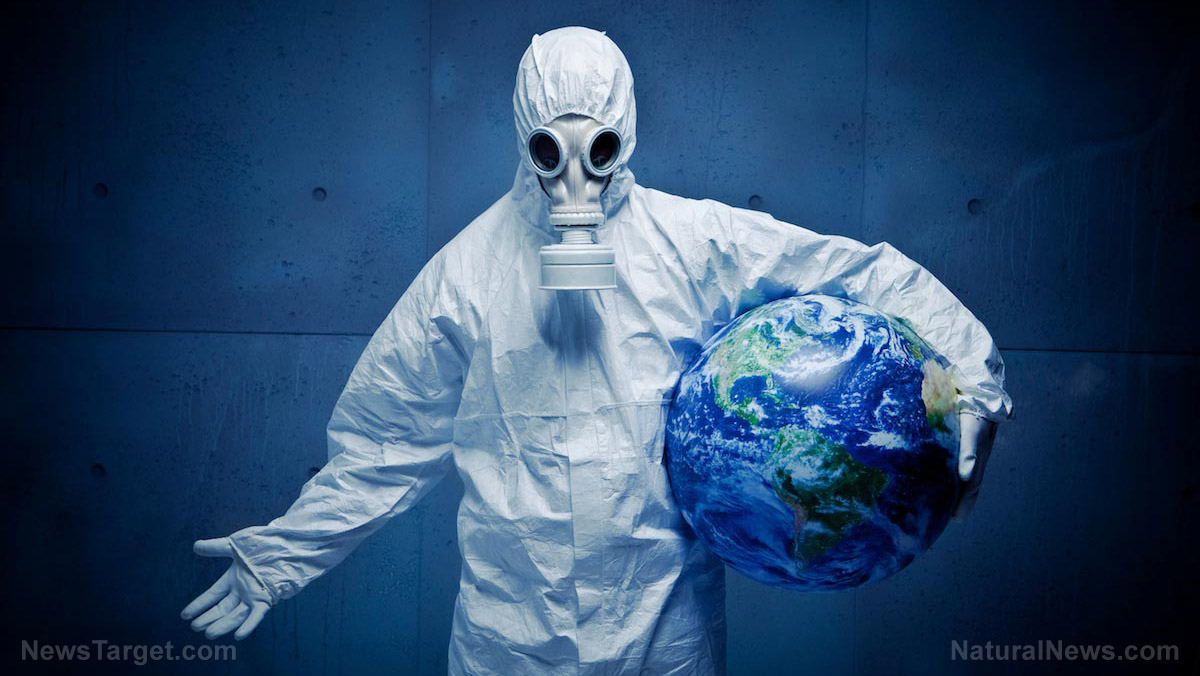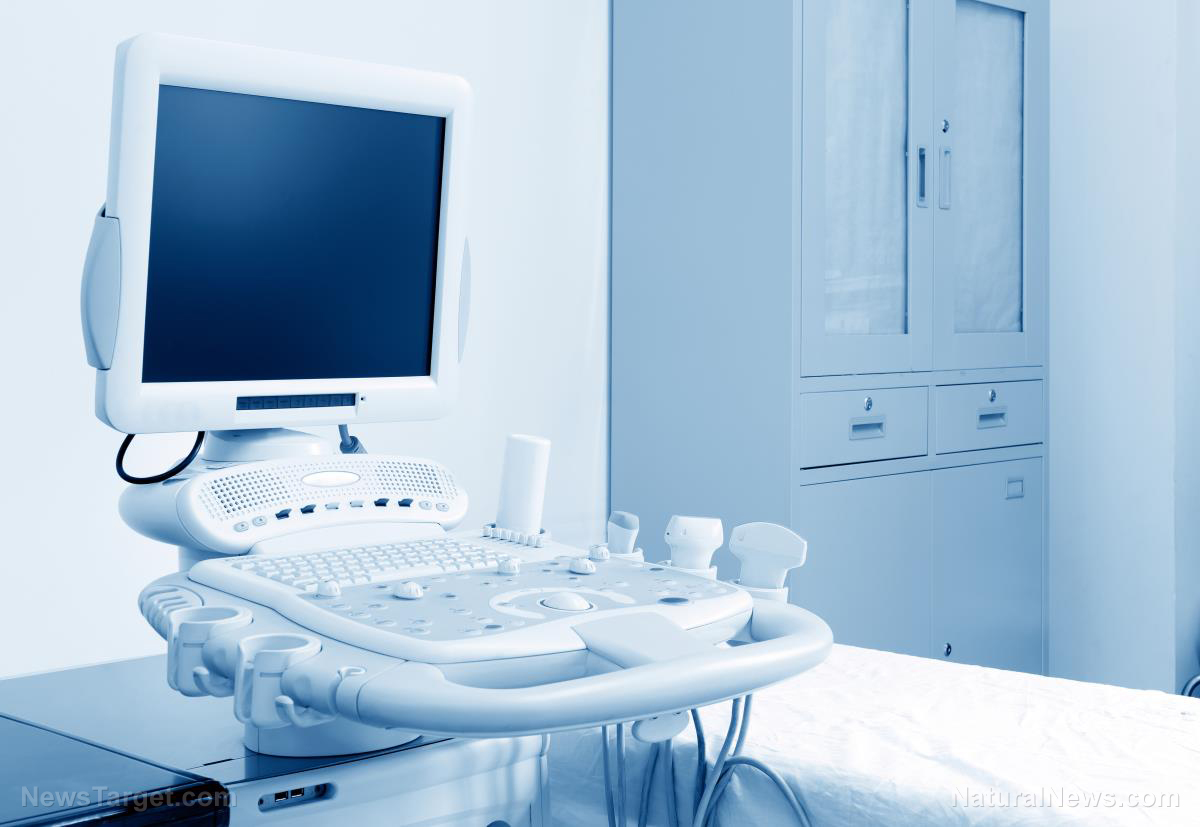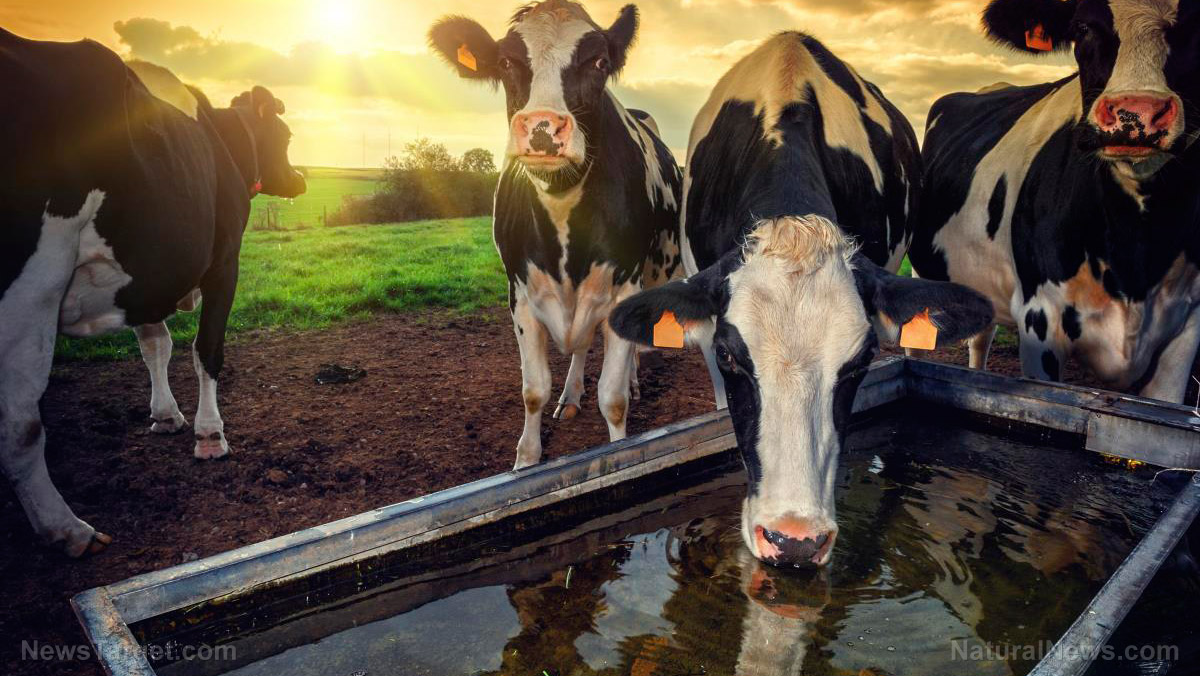NIH virus lab in Montana with links to Wuhan Institute of Virology found to be carrying out risky virus research
02/02/2024 / By Cassie B.

Daily Mail has obtained exclusive footage from inside a controversial Montana lab in which risky research is being conducted on animals with funding from the U.S. government.
The videos and images were obtained via a Freedom of Information Act request, and they show researchers carrying out their experiments, sedating animals such as pigs and monkeys and injecting them with viruses. In some of the footage, piglets can be seen being kept in unsanitary and cramped cages.
The lab in the images is the National Institutes of Health’s Rocky Mountain Lab in Hamilton, which has found itself at the center of multiple controversies. Last year, Daily Mail exposed the lab’s experiments on SARS-like viruses shortly before the COVID-19 pandemic broke out. That particular line of research is believed to have ended, but they continue to experiment with other types of deadly pathogens that could create another pandemic.
For example, some of their experiments entail injecting monkeys with COVID-19 and pigs with Ebola to study how the animals react to hemorrhagic fever, which entails internal bleeding, vomiting blood and bleeding from their mouths, noses and eyes.
Documents obtained by the taxpayer watchdog group White Coat Waste Project indicate that scientists from the NIH proposed infecting piglets that are just a few weeks old with the Reston virus (REBOV), which can cause Ebola, a virus known to have a death rate of as much as 90 percent. The objective of the experiments is to find out how co-infection with the Porcine Reproductive and Respiratory Syndrome virus raises REBOV’s severity and transmissibility.
In photos, pigs can be seen being infected with the virus in their noses; they were to be euthanized within several days of their infection so researchers could conduct necropsies. The animals were subjected to horrific symptoms such as excessive bleeding, vomiting blood, breathing problems and diarrhea, and researchers said they could not take steps to alleviate their suffering because it could affect their findings.
“The illness experienced by animals exposed to these viruses must not be treated with analgesics because treatment will interfere with studying the disease manifestation and ultimate outcomes of infection,” they noted.
The senior vice president of the White Coat Waste Project, Justin Goodman, told the Daily Mail that the group’s lawsuit has revealed “NIH’s dangerous, wasteful and cruel maximum pain animal experiments with deadly bioagents that have up to 100 percent kill rates in humans.”
He added: “Taxpayers have a right to know how their money is being spent in barbaric NIH animal labs that can cause a devastating lab leak and pandemic right here in the US.”
Lab has been linked to Wuhan Institute of Virology
In 2018, researchers from the NIH infected bats at the lab with a SARS-like virus in a collaboration with the infamous Wuhan Institute of Virology, which has been identified as a likely source of the COVID-19 virus and was involved in covering up the pandemic’s origin. American taxpayer money was used to carry out experiments using coronaviruses from the lab, with 12 Egyptian fruit bats being infected with the WIV1 virus, a coronavirus obtained from the Wuhan Institute of Virology, at the Rocky Mountain Lab while both labs were being funded by the NIH under the leadership of Dr. Anthony Fauci.
Several breaches of security protocols were also observed at the Rocky Mountain Lab, such as a mouse infected with an Ebola-like virus roaming outside of its cage for a full day and an unauthorized child walking around near the lab’s primate facility. This kind of carelessness has the potential to unleash dangerous biological agents that could spur another pandemic.
Sources for this article include:
Submit a correction >>
Tagged Under:
big government, biological warfare, biological weapon, biotechnology, bioterrorism, biowar, China, dangerous, experiments, infections, insanity, national security, NIH, outbreak, pandemic, plague, research, Rocky Mountain Lab, science deception, science fraud, traitors, treason, Viruses, Wuhan Institute of Virology
This article may contain statements that reflect the opinion of the author
RECENT NEWS & ARTICLES
COPYRIGHT © 2017 BIO TECH NEWS



















